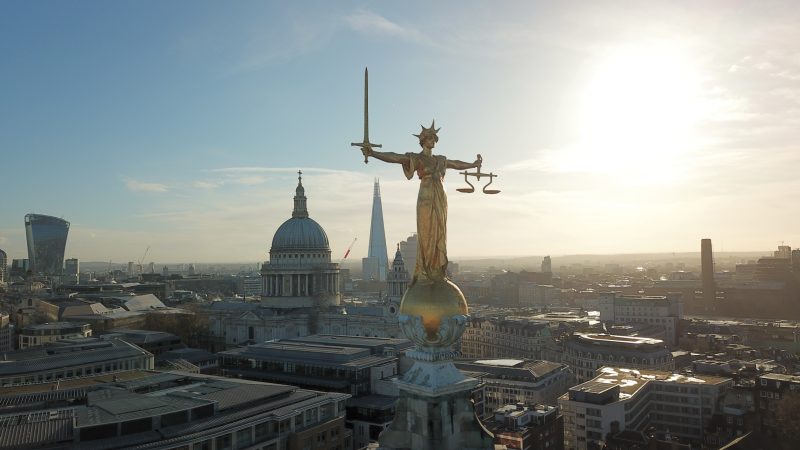
Just a few months after Labour’s 1997 landslide general election victory, the new government published a white paper entitled ‘Rights Brought Home: The Human Rights Bill’. The aim was simple, but profound. To bring rights home meant ensuring accessibility to human rights protections and holding the executive to account.
But last year, the government announced a review into the Human Rights Act, with their call for evidence implying a sceptical stance towards the Act’s effect. This is deeply worrying and comes as part of a wider attack on the rule of law, fuelled by the shadowy right-wing think tank group the ‘Judicial Power Project’.
During the second half of the 20th century, the issue of human rights transcended party politics. After all, it was a Conservative lawyer, David Maxwell Fyfe, who drew up the European Convention of Human Rights to make true our commitment to ensure the horrors of World War Two never happen again. This built on Winston Churchill, the Prime Minister’s hero, arguing that “in the centre of our movement stands the idea of a Charter of Human Rights, guarded by freedom and sustained by law”.
More recently, Dominic Grieve QC, a recent Conservative attorney general, has argued that the Human Rights Act has “improved standards” and there was no case for change. He is right. The case for reform of the Human Rights Act is weak and often reveals ulterior motives. The central critique is often that human rights law threaten British values. But the opposite is true: the Human Rights Act brought rights home, codifying our belief in the dignity of the individual whatever your background.
Human rights – the right to protest against your government without fear, the right to a fair trial, the right to freedom from torture, the right to family life – cannot be left to a paternalistic hope that the executive will merely oblige. They must be codified, written in law, and immune to the whims of governments of whatever political colour. The protection of human rights is not about left versus right, but right versus wrong.
Just a few practical examples of the human rights in practice tell a story. Far from the myths spread by the tabloid media, the Human Rights Act has been a catalyst for justice, often giving a voice to the voiceless. It has made it far harder to discriminate against those with HIV. It helped to deliver justice for victims of phone hacking. It has secured shelter for women seeking refuge from domestic violence. It supported the families of soldiers who were sent into battle without adequate equipment, whilst ensuring justice for the families of innocent Iraqis abused by British soldiers whose actions fell short of what we should expect.
In government, Labour was often too timid, failing to make the popular case for protecting human rights. Many within the party gave the impression that they regarded it as a hindrance, whilst others were so sure of its intrinsic value that we assumed everyone else would agree. But we never explained the value of the Act to the public and never told the very British story of rights being developed with our international friends in the aftermath of war and brought home by Labour.
It is time to put that right. Defending human rights can be at the heart of a progressive and radical agenda that is proud of our country and its history. Labour must be confident in making the case for the Act as part a radical patriotic story.
The argument is not new. There is a long history of the struggle for civil liberties and freedoms, which were hard-won by British men and women “taking back control” from powerful rulers. A story that traces its roots to the Levellers, to Locke and Hobbes, to Peterloo, to the struggle for universal suffrage, for workers’ rights and more recently for sexual and racial equality. The Act must be woven into a story about our national struggle for greater freedom.
Few are better placed to make that case than Keir Starmer, who has dedicated his career to defending those rights, spending years as a lawyer representing those facing the death penalty abroad before serving as director of public prosecutions standing up for victims at home. The battle for the Human Rights Act is on. The Tories are making their moves. Labour must and will make the case for upholding universal rights. That would be a very British thing to do.
Sarah and Jake, along with James Goudie QC, Jonathan Metzer and Sam Fowles, prepared the Society of Labour Lawyers response to the Independent Review of Human Rights which you can read here.




More from LabourList
‘Hyperlocal messaging can help Labour win elections: Here’s how’
Unite votes to re-examine relationship with Labour and suspend Angela Rayner
Ex-Cooper aide: ‘Keir’s ground-breaking deal with France suggests his migration approach could be bearing fruit’